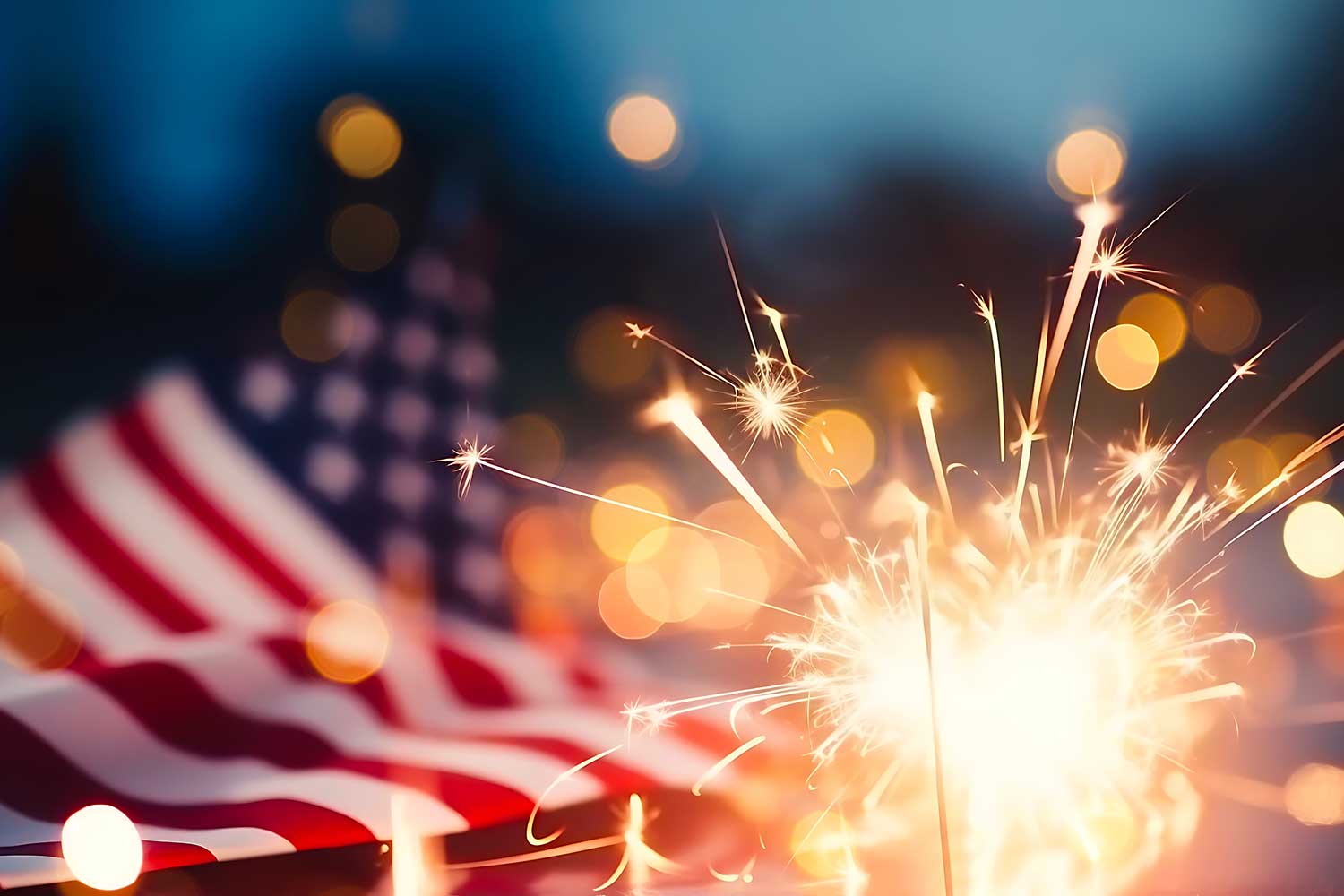The Fourth of July is one of the events of summer. Barbecues! Beers! Booms! A lot of what we love most about Independence Day sparkles red, white, and blue, but it’s not all exactly green. Luckily, there are some simple changes that can make your holiday celebrations a little less taxing on the planet.
Swap 1: Get some aluminum cups
Red Solo cups just scream summertime, but those beloved beverage holders are a nightmare to recycle. Solos are made of thick, molded polystyrene, or #6 plastic. It’s a cousin of Styrofoam, and recycling centers rarely take the stuff. In an ideal world, we’d all drink from reusable cups at parties, but breaking out the glassware to throw back punch isn’t always practical. Enter the aluminum party cup from Ball. Aluminum, unlike plastic, is infinitely recyclable, and it doesn’t downgrade each time it finds a new life like plastic does. You can also squeeze a couple uses out of the sturdy tumblers with a quick hand-washing.
Swap 2: Mix up the menu
The greenhouse emissions associated with a quarter-pound beef burger are nearly six times that of an Impossible or Beyond patty, which means swapping even some red meat for plant-based alts adds up. If every American traded just half of their annual burger intake for veggie patties, it’d be like taking 4.5 million cars off the road. Alternatively (or additionally!) you can also opt to make your cookout all about scrumptious sides. Cool Beans, our newsletter focused on delicious-yet-sustainable eats, has plenty on that front. We particularly recommend this gingery and surprisingly filling watermelon salad and this dairy-free Caesar pasta salad.
Swap 3: Consider a gas or electric grill
Grilling over charcoal makes for tasty burgers, but it comes with an unfortunate side effect: emissions. The footprint of a charcoal grill is about three times that of a gas grill—and that’s before you consider where the charcoal came from. Classic bricks, according to FoodPrint, are typically made up of a whole bunch of stuff, like wood byproducts, sawdust, and lighter fluid, which blast out loads of volatile organic compounds when burned. Gas grills, while they still use natural gas or propane, burn cleaner and start up fast, making them a more efficient alternative. If you want to dial down the impact of a BBQ even further, you could go all-electric.
Swap 4: Stick to community fireworks—or try an alternative
No, we’re not coming for your town’s celebratory light show, but we are saying you don’t need to add your own personal dose of pollutants and particulate matter to the heavens. Instead of lighting up a mini battalion of fireworks and firecrackers, consider other celebratory things-that-go-pop. We’re big fans of biodegradable confetti made from flowers, bubbles, party poppers, and even simple handheld sparklers.

